Hear it for Jimmy Greaves before auction hammer falls
Football hero auctions his World Cup medal to raise £50,000 - half what he’d earn in a week today

A free daily email with the biggest news stories of the day – and the best features from TheWeek.com
You are now subscribed
Your newsletter sign-up was successful
As headlines go – with political turmoil at home, and war and disease abroad – the news that a one-time England footballer is about to sell his 1966 World Cup medal commands little newspaper space beyond the nostalgic regrets of an ageing generation of football fans.
But the plight of Jimmy Greaves, now 74, forced apparently to sell his home and move in with his daughter, is a sad footnote to a period when England really could play football and compete with the world’s best.
As a goal-scorer in the 1950s and 1960s, Greaves was without equal, his statistical feats only eclipsed by his flair.
The Week
Escape your echo chamber. Get the facts behind the news, plus analysis from multiple perspectives.

Sign up for The Week's Free Newsletters
From our morning news briefing to a weekly Good News Newsletter, get the best of The Week delivered directly to your inbox.
From our morning news briefing to a weekly Good News Newsletter, get the best of The Week delivered directly to your inbox.
A colleague of mine had a photo on his office wall of Greaves scoring (I think for Tottenham Hotspur) a spectacular overhead goal of a quality that now would be played and replayed on Match of the Day. He scored 44 goals in 59 matches for England, and in those days England didn’t play minnows like Moldova and San Marino.
If anyone epitomised the élan and excitement of football, it was Greaves, and the injury (in an early round) that cost him a role in the 1966 World Cup final line-up against Germany (his place was taken by a certain Geoff Hurst) was a blow to football followers and a personal tragedy for Greaves from which, one feels, he never fully recovered.
Then there were no substitutes. If you were not in the XI, you were out. Although Greaves had recovered from his injury before the day of the final, Hurst had the spot.
Greaves scored 132 goals in 169 appearances for Chelsea (it was then, as a teenager among men who still wore cloth caps to watch games, I first saw his magic poaching ability), and later 268 goals in 382 matches for Spurs. His early playing days were in the pre-Jimmy Hill age, when players’ wages were restricted to £19 a week.
A free daily email with the biggest news stories of the day – and the best features from TheWeek.com
To earn better money, he went for a season to AC Milan. It was not a happy time, however. In the early 1960s, working-class boys like Greaves didn’t even go to Spain on holiday and he was way out of his cultural comfort zone. But it was a pioneering move: few had previously taken such a step.
After the savage disappointment of 1966, Greaves returned to the England side and continued scoring goals for Spurs (and West Ham). But the stuffing had been knocked out of him, and he slid sadly through the lower divisions and out into the football cold.
He played for Brentwood, Chelmsford City, Barnet and Woodford Town. On good days he still scored goals, but his weight ballooned as did his intake of booze.
George Best and Paul Gascoigne followed Greaves in their own equally sad alcohol-fuelled declines (Greaves and Gascoigne did a double act for a while). However, the latter-day players lived in the age of celebrity and had far more (almost certainly damaging) attention. Neither beat the demon drink as successfully as did Greaves.
I met him after he had written the story of his drinking, This One’s on Me, an account of four years on the booze (two-and-a-half bottles of vodka and a dozen pints of beer a day).
He last drank on February 28, 1978, just before we met. His businesses had gone, his marriage had gone (later he and his wife resumed the relationship) and he had been in a hospital addiction unit. It was the sort of collapse then associated with boxers rather than footballers.
It was a poignant interview. Greaves was selling insurance and looked like a woeful, too-long-on-the-road, commercial traveller.
He had played in charity matches, but the tens of thousands who had watched his goal-scoring exploits would have passed him by in the street without recognition. I visited him in his office where he worked part-time: he was paid by results, and therefore – one felt – was unlikely to prosper.
We drank tea and talked about his decline. He mentioned (with clear regret) his omission from the 1966 World Cup final team, but didn’t (a preservation of self-respect, I thought) seek to pin his tumble from grace to just that one event. He was more concerned about having retired at what he thought was too early an age: “You should play till you drop”, he said.
I wondered if I should buy an insurance policy to help a hero back on his feet, but, lacking faith in Greaves’s products, walked out wallet in pocket.
At that stage I need not have worried. A sober Greaves became a football writer and TV pundit alongside the former Liverpool player, Ian St John (the ‘Saint and Greavsie’ show), and I presumed that he was, financially at least, all right.
After a long campaign by supporters, in 2009 he finally received the World Cup winners’ medal he had always deserved - and it is this medal that will be auctioned at Sotheby’s this week.
Nearly all those who took to the pitch in 1966 have sold their medals, Nobby Stiles pocketing nearly £200,000 four years ago. However, Greaves’s medal is expected to fetch a comparatively measly £50,000, half the weekly wage of a top Premiership footballer today.
Greaves is reported to have sold his house and moved, with his wife, to live with a daughter. We should cherish national heroes: let’s hope a wealthy football fan steps up and the medal sells big.
-
 The 8 best TV shows of the 1960s
The 8 best TV shows of the 1960sThe standout shows of this decade take viewers from outer space to the Wild West
-
 Microdramas are booming
Microdramas are boomingUnder the radar Scroll to watch a whole movie
-
 The Olympic timekeepers keeping the Games on track
The Olympic timekeepers keeping the Games on trackUnder the Radar Swiss watchmaking giant Omega has been at the finish line of every Olympic Games for nearly 100 years
-
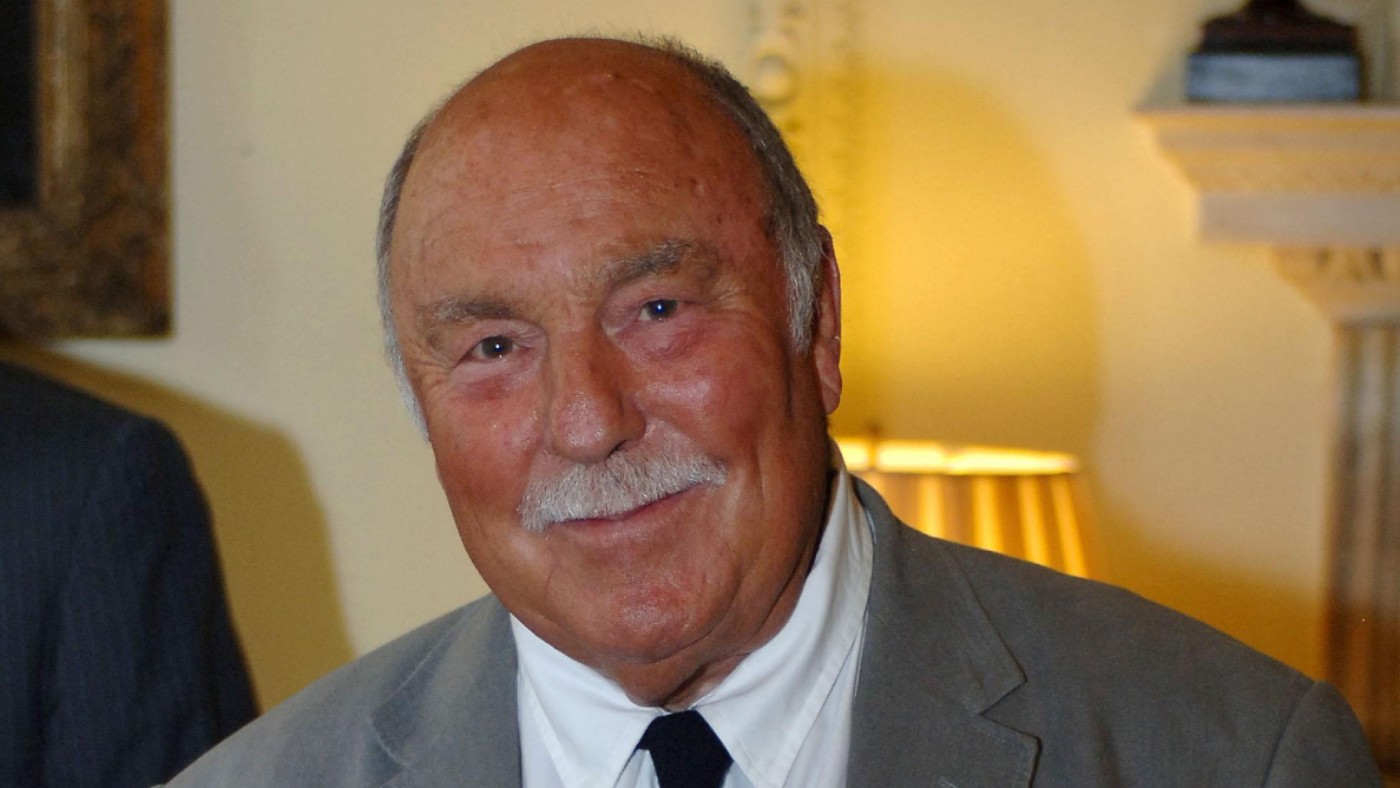 Jimmy Greaves: the greatest striker England has ever seen
Jimmy Greaves: the greatest striker England has ever seenfeature World of football pays tribute to the legendary goalscorer and broadcaster
-
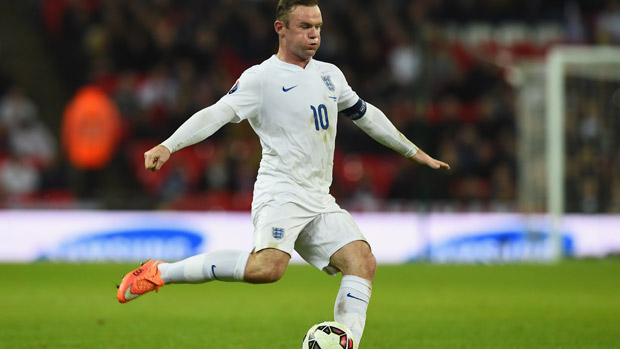 Rooney can overtake Greaves as England await Scotland test
Rooney can overtake Greaves as England await Scotland testThe Week Recommends Skipper struck 44th England goal against Slovenia and prepares to lead the Auld Enemy in Glasgow
-
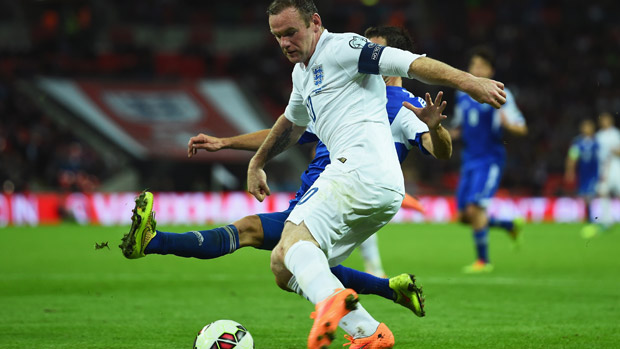 Rooney fluffs his lines as San Marino keeper prevents a rout
Rooney fluffs his lines as San Marino keeper prevents a routThe Week Recommends Aldo Simoncini stars at Wembley as minnows keep it respectable against England
-
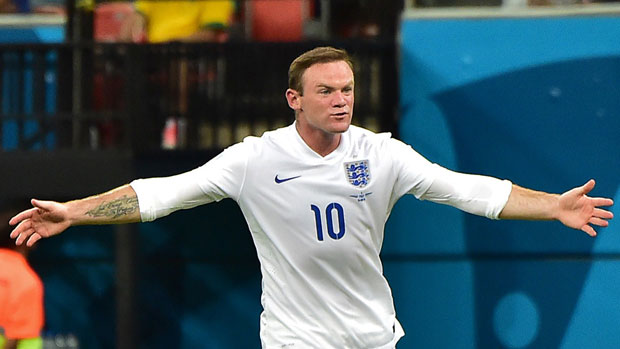 Rooney to overtake Greaves, Lineker and Charlton by 2016
Rooney to overtake Greaves, Lineker and Charlton by 2016The Week Recommends England captain can start 12-month goal-rush against San Marino tonight
-
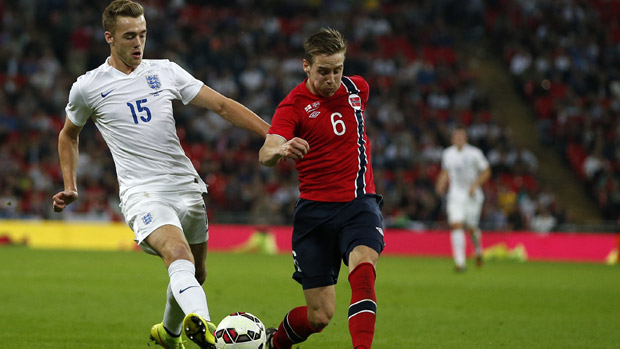 Desperate England can't even beat the Great British Bake Off
Desperate England can't even beat the Great British Bake OffThe Week Recommends After an awful World Cup it's a dismal return to action for Roy Hodgson's men